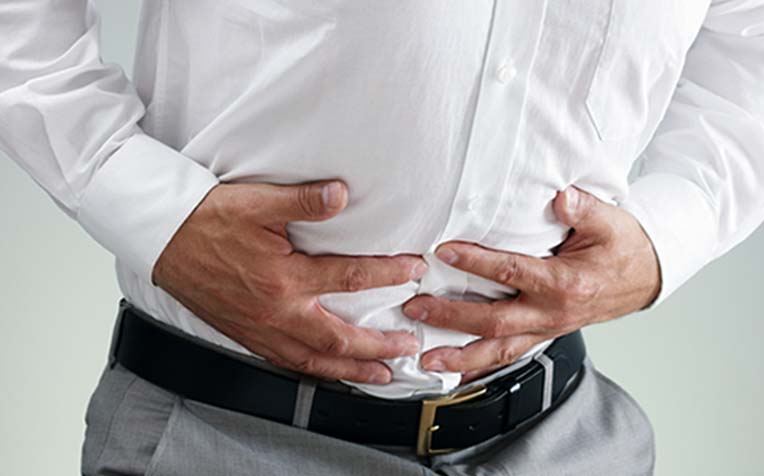
Caption: The recent cases of food poisoning in Singapore have been a cause of concern for everyone. Dr Limin Wijaya, Senior Consultant from the Department of Infectious Diseases at Singapore General Hospital (SGH), explains the various causes and symptoms of food poisoning and why it can be life threatening, especially for the elderly. (iStock photo)
"Bacterial food poisoning caused by Salmonella or another bacteria known as Listeria can become very serious, especially in the elderly, because the bacteria may spread to other organs," says
Dr Limin Wijaya, Senior Consultant at the
Department of Infectious Diseases,
Singapore General Hospital (SGH), a member of the
SingHealth group.
"The weaker immune system of the elderly makes them more vulnerable to developing serious bacterial infections and complications," adds Dr Wijaya.
Causes of Salmonella food poisoning
Most food poisoning incidents are a result of mishandling of food. The Salmonella bacteria can spread through food contaminated by animal or human waste. Meat, milk, eggs and poultry are common breeding grounds for Salmonella bacteria. It gets to other food by cross-contamination from contact with raw food, utensils or equipments.
Fruits and vegetables contaminated with faeces in the soil or water can also cause Salmonella food poisoning.
Food handlers who do not wash their hands thoroughly after going to the toilet may cause food to be contaminated with Salmonella.
Related article:
Travelling to an exotic place for holiday? Guard yourself (and your loved ones) from this condition
Causes of Listeria bacterial food poisoning
Listeriosis is another type of food poisoning caused by a bacterium known as Listeria monocytogenes. Listeria bacteria usually spread through raw foods such as soft cheeses, uncooked meats and vegetables, and unpasteurised milk. It may infect ready-to-eat deli meats, hot dogs and luncheon meats.
Symptoms of bacterial food poisoning
For
Salmonella infections, symptoms include:
- Nausea and severe diarrhoea
- Watery stools
- Vomiting
- High fever
- Stomach cramps
- Dehydration (e.g. dry mouth, reduced urine output)
Related article:
Have diarrhoea? Doctors recommend doing this first
For
Listeria infections, symptoms include:
- Muscle aches
- Fever
- Nausea and diarrhoea (less common)
More serious symptoms include confusion, loss of balance, shaking or convulsions, headaches and stiff neck if the Listeria bacteria infect the nervous system.
"Bacterial food poisoning should not be taken lightly, especially in the elderly.
If you experience persistent diarrhoea and fever, get medical help immediately," advises Dr Wijaya.
Related article:
Tips to prevent bacterial food poisoning and treatment
--
Articles on
HealthXchange.sg are meant for informational purposes only and cannot replace professional surgical, medical or health advice, examination, diagnosis or treatment.